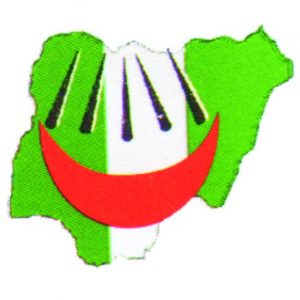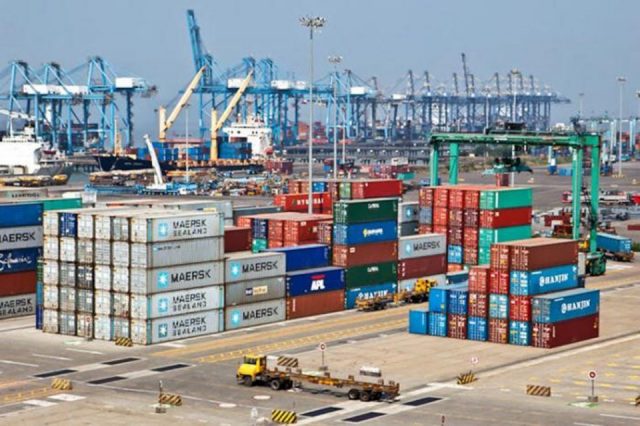Bem Ibrahim Garba, the MD/CEO of GOG Marine Limited, has blamed Nigerian government for the country’s inability to maximise its maritime potentials to the fullest. According to him, Nigeria is not taking the issue of maritime business serious and have been unable to exploit it’s natural advantages, unlike Greece and so many other nations.
Continuing, he said, “Nigeria and Greece have the natural advantage of proximity to the sea, giving their indigenous people, the natural advantage of seeking employment, trade and wealth creation from trades associated with the sea; yet these gains only accrue to one of the two states.” He pointed out that though Nigeria’s major source of income was crude oil exports, 100 per cent of the freight earned from transporting crude to foreign buyers went to foreign ship-owners and foreign owned shipping companies.
Garba while decrying the economic benefits in the maritime sector said that the huge natural and human resources in the sector were not reflecting in the country’s development, especially in the areas of job and wealth creations. He expressed regrets that Nigeria still lagged behind, and was depending on many other seafaring nations including smaller European nations to meet her domestic and international maritime and logistics requirements.
“As a country, the Nigerian government officials responsible for the shipping industry’s development, theoretically, know and understand the significance of a well developed indigenous shipping industry. They know about the millions of good paying jobs that this industry can create for local Nigerians; they know about the valuable taxes that the country could earn if this industry was fully optimised.
“They know about the pride that Nigeria would derive from having our national flag, proudly hoisted amongst the comity of well represented seafaring nations. The challenge lies on how well we choose to utilize this well articulated knowledge”. According to him, “With Nigeria’s local refineries operating at very marginal levels, and Dangote’s refinery project yet to be completed, Nigeria remains a major importer of clean petroleum products. As is the case with the export of crude oil, transporting clean petroleum products into Nigeria to meet our local consumption is also done by foreign owned vessels, fostering huge volumes of foreign exchange capital flight.”
Finally, he challenged government officials in Nigeria to create an environment that would support the growth of competitive maritime industry










